Canadian Neuroscience Meeting 2013
CAN 2013
May 21-24, 2013 - Toronto
Keynote Speaker
 Anatol Kreitzer
Anatol KreitzerUniversity of California, San Francisco
Profile at UCSF
Presidential Lecturer

Michael Meaney
McGill University
Wikipedia page
Profile at Douglas Institute
Plenary symposium speaker
 Marina Picciotto, Yale University
Marina Picciotto, Yale UniversityProfile at Yale
Plenary symposium speaker

Helen Mayberg
Emory University
Plenary symposium speaker

René Hen
Columbia University
Profile at Columbia
Preliminary Scientific Program
The Scientific Program Committee has prepared an exciting program for 2013: use the quick links on the bottom right of this page to view each day's program.
Please note this program is subject to change.
You can download this program as a printable pdf,
or as a program-at-a-glance
Monday, May 20, 2013
| 7:30 – 8:30 P.M. |
Freda Miller (Hospital for Sick Children, University of Toronto) and Cindi Morshead (University of Toronto) "The hope and the hype: stem cells for brain repair" Daniels Hollywood Theatre at The Hospital for Sick Children Sponsored by Three to Be, and by  Transplant and Regenerative Medicine Centre, at the Hospital for Sick Children
Transplant and Regenerative Medicine Centre, at the Hospital for Sick Children
Download a Poster advertisement for this event |
Tuesday, May 21, 2013
| 9:30 A.M. - 4:00 P.M. | CAN Satellite Meeting: "Neuroscience careers in government and industry" |
| 5:00 P.M. | Official opening of the 2013 Canadian Neuroscience Meeting, presided by Samuel David, President of the Canadian Association for Neuroscience |
| 5:00 - 5:15 | CAN Young Investigator Award Presentation: Yves De Koninck, Chair of the Nominations Committee |
| 5:15 - 5:30 | Barbara Turnbull Award presentation |
| 5:30-6:00 | Anthony Phillips (Director of INMHA) |
| 6:00 – 7:00 |  Presidential Lecture: Michael Meaney, McGill University
Presidential Lecture: Michael Meaney, McGill UniversityMaternal regulation of genome structure and function: Implications for familial transmission Sponsored by The Montreal Neurological Institute and Hospital - The "Neuro" |
| 7:00 – 8:15 |
 Opening Reception
Opening Reception
Sponsored by Faculty of Medecine - University of Toronto |
Wednesday, May 22, 2013
| 8:30 – 9:30 A.M. | 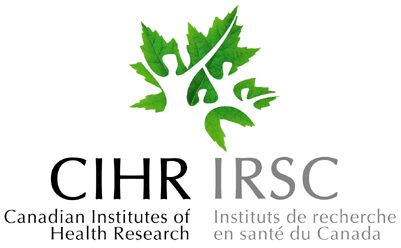 Plenary symposium: Reward, Feeding and Addiction
Plenary symposium: Reward, Feeding and AddictionChair: Anthony Phillips, University of British Columbia Alain Dagher, McGill University Addiction as impaired decision making: insights from functional brain imaging and neuroeconomics Francesco Leri, University of Guelph Rats, Oreos and high fructose corn syrup: an analysis of the food addiction hypothesis Sponsored by the Institute of Neuroscience, Mental Health and Addiction of the CIHR |
| 9:30 – 9:45 | Brain Star talk: Hideto Takahashi, University of British Columbia Slitrk3-PTPδ trans-synaptic complex selectively regulates inhibitory synapse development |
| 9:45 – 10:00 | Coffee break |
| 10:00- 11:00 |  Posters/exhibits
Posters/exhibits
Sponsored by the Ontario Brain Institute |
| 11:00 – 12:00 | Featured Plenary speaker: Marina Picciotto, Yale University Biological basis of the supermodel diet: effects of nicotine on feeding behavior |
| 12:00 – 1:00 | Lunch on own |
| 1:00-2:30 | Parallel symposia Symposium 1: Nicotinic acetylcholine receptors: From structure to cognitive enhancement Chair: Evelyn Lambe, University of Toronto Speakers:
Symposium 2: Coupling neuronal communications to cellular metabolism
Chairs: Derek Bowie, McGill University, and Brian MacVicar, University of British Columbia Speakers:
Symposium 3: Novel mechanisms of chronic pain
Chair: Yves De Koninck, Université Laval Sponsored by: The Hotchkiss Brain Institute  Speakers:
Speakers:
Chair: Isabelle Aubert, University of Toronto Sponsored by the Alzheimer Society of Canada  Speakers:
Speakers:
|
| 2:30 – 5:00 | 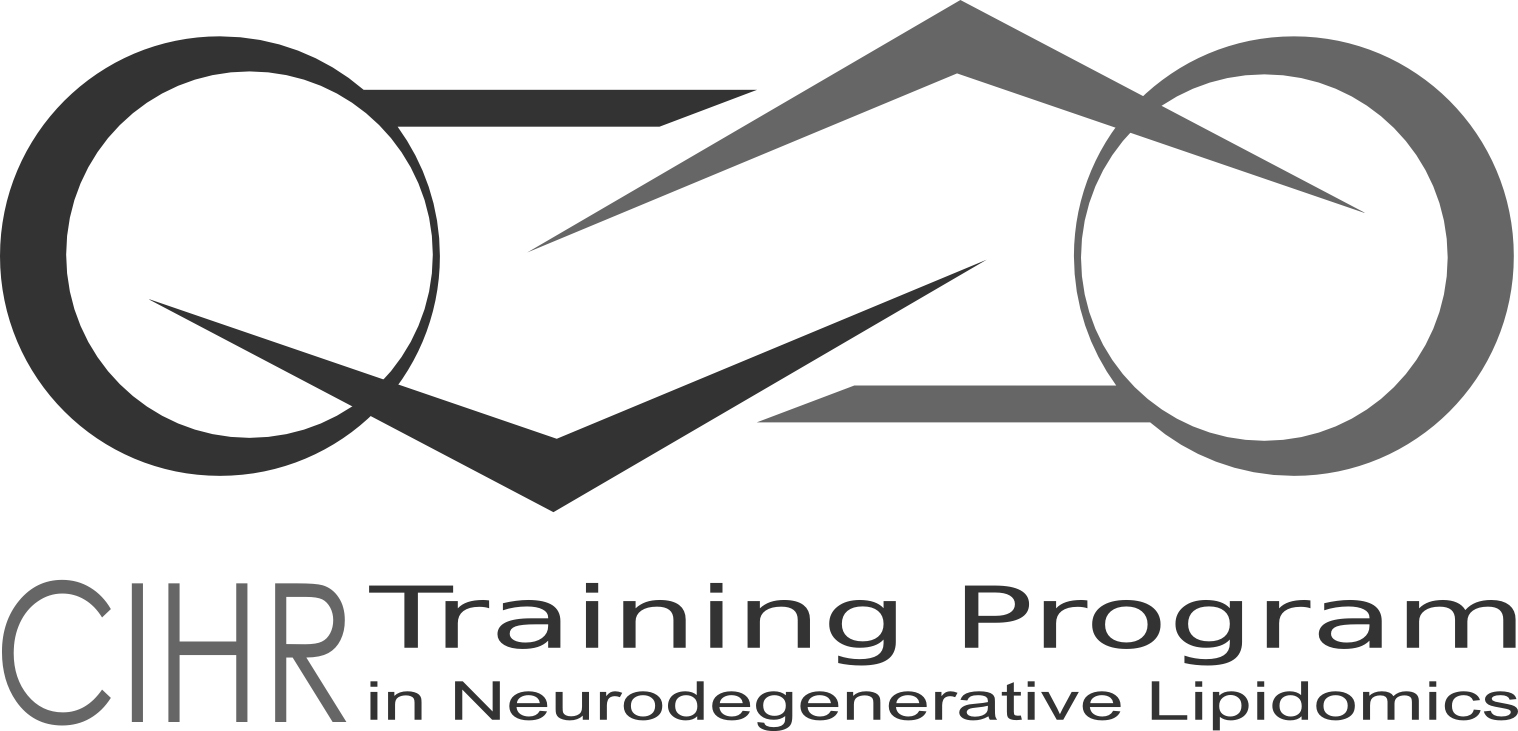
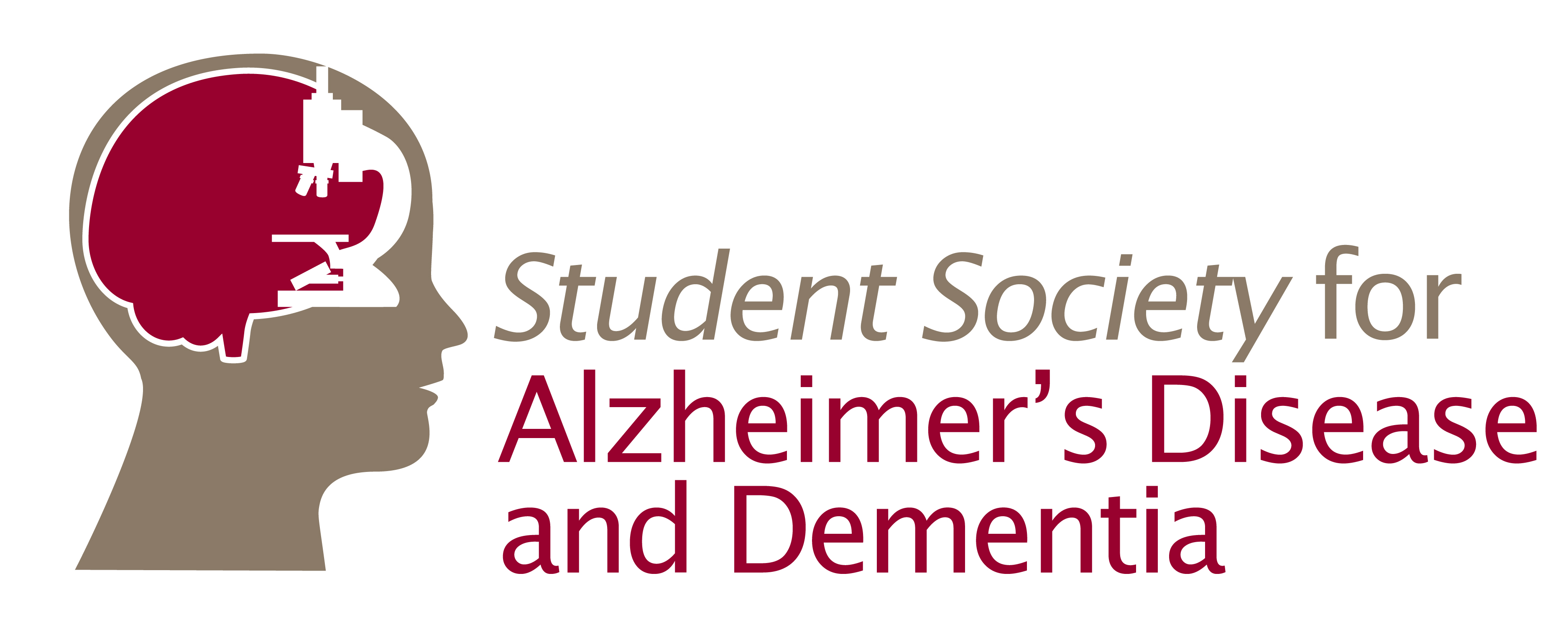 Posters and Exhibits
Posters and ExhibitsSponsored by the Student Society for Alzheimer's Disease and Dementia and CIHR Training Program in Neurodegenerative Lipidomics |
| 5:00-6:00 PM |  2013 Young Investigator Award talk
2013 Young Investigator Award talkSponsored by: The Hotchkiss Brain Institute |
| 6:00-7:00 PM |  Keynote Lecture: Anatol Kreitzer
Keynote Lecture: Anatol KreitzerUniversity of California, San Francisco Basal Ganglia Circuit Function in Health and Disease Sponsored by the Ontario Brain Institute |
| 7:00 | 
 CAN Trainee Social at the Steam Whistle Brewery, 255 Bremner blvd., Toronto
CAN Trainee Social at the Steam Whistle Brewery, 255 Bremner blvd., TorontoSponsored the Collaborative Program In Neuroscience at University of Toronto, The Centre for Brain and Behaviour - The Sick Kids Hospital and Marigolds & Onions, caterer. Download a postcard advertisement for this event
|
Thursday, May 23, 2013
| 8:30 – 9:30 A.M. | Plenary symposium: Brain Imaging and Circuitry Chair: Ravi Menon, Robarts Institute Jean Gotman, McGill University: Non-invasive investigation of human epileptic networks by combined EEG-fMRI recordings Peter Williamson, Western University: A Framework for Interpreting Functional Networks in Neuropsychiatric Disorders Based on Unique Adaptions of the Human Brain |
| 9:30 – 9:45 | Brain Star talk: : Jason Gallivan, Queen's University Decoding action intentions from human brain activity patterns |
| 9:45 – 10:00 | Coffee break |
| 10:00- 11:00 |  Posters/exhibits Posters/exhibitsSponsored by: The Hotchkiss Brain Institute |
| 11:00 – 12:00 |
 Featured Plenary speaker: Helen Mayberg (Emory University) Featured Plenary speaker: Helen Mayberg (Emory University)Rethinking Depression and its Treatment: Insights from Studies of Deep Brain Stimulation Sponsored by: The Hotchkiss Brain Institute |
| 12:00 – 1:00 | Lunch on own |
| 1:00-2:30 | Parallel symposia Symposium 5: Integration, activation and behavioural functions of adult-born neurons. Chair: Jason Snyder, University of British Columbia Sponsored by: Institut Universitaire en Santé Mentale de Québec  Speakers:
Speakers:
Chair: John Peever, University of Toronto Sponsored by: Sleep and Biological Rhythms Toronto  Speakers:
Speakers:
Chairs: Asaf Gilboa, Rotman Research Institute, Baycrest and R. Shayna Rosenbaum, York University Speakers:
Symposium 8: The recent advances in a monogenetic age-onset neurodegenerative disorder: Huntington's disease
Chair: Ray Truant, McMaster University Speakers:
|
| 2:30 – 5:00 |  Posters and Exhibits
Posters and Exhibits
Sponsored by: Institut Universitaire en Santé Mentale de Québec |
| 5:00 – 5:30 | CAN Annual General Meeting – all CAN members invited to attend |
| 5:30-6:30 | Parallel sessions:
|
| 7:00 – |  CAPnet CAN-ACN Social
CAPnet CAN-ACN SocialOrganised by the Canadian Action and Perception Network The Party Room at C'est What? Brew / Vin Pub Restaurant, 67 Front at Church (~1KM S-E of Sheraton). Food will be provided along with a cash bar. Everyone welcome, but space is limited so please RSVP with Janice D'Silva |
Friday, May 24, 2013
| 8:30 – 9:30 A.M. |
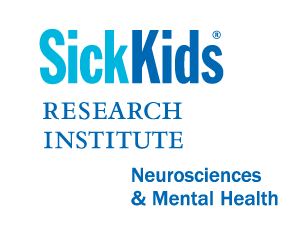 Plenary symposium: Mechanisms of Memory
Plenary symposium: Mechanisms of Memory Sponsored by the SickKids Research Institutes - Neuroscience and Mental Health Chair: Sheena Josselyn, University of Toronto Cathy Rankin, University of British Columbia: High-Throughput PhenotypIc Analysis Reveals Multiple Genetically Dissociable Mechanisms of Habituation in C. elegans Paul Frankland, University of Toronto: Hippocampal neurogenesis, forgetting and infantile amnesia |
| 9:30 – 9:45 | Brain Star talk: Maxime Rousseau, Baylor College of Medecine Modeling Early-Onset Parkinson's Disease Using the DJ1-C57 Mouse. |
| 9:45 – 10:00 | Coffee break |
| 10:00- 11:00 |
 Posters/exhibits Posters/exhibitsSponsored by: The Hotchkiss Brain Institute |
| 11:00 – 12:00 | 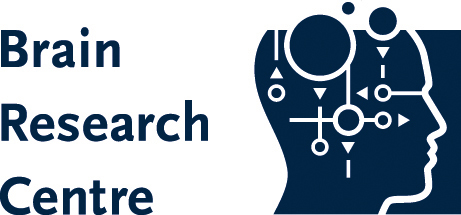 Featured Plenary speaker: René Hen (Columbia University)
Featured Plenary speaker: René Hen (Columbia University)Neurogenesis and generalization: impact on learning and anxiety Sponsored by: UBC's Brain Reseach Centre |
| 12:00 – 1:00 | Lunch on own |
| 1:00 – 3:30 | Posters and Exhibits |
| 3:30 – 5:00 | Parallel symposia Symposium 9: Traumatic brain injury as a neurodegenerative disorder? Chair: Robin Green, University of Toronto Sponsored by the Institute of Neuroscience, Mental Health and Addiction of the CIHR  Speakers:
Speakers:
Chair: Jasna Kriz, Université Laval Sponsored by: Institut Universitaire en Santé Mentale de Québec  Speakers:
Speakers:
Chair: Kurt Haas, University of British Columbia Speakers:
Symposium 12: Making the leap from neural activity to behaviour and cognition
Chair: Jennie Z. Young, MIT Sponsored by: Tucker-Davis Technologies
| -- END OF MEETING -- |
|---|




